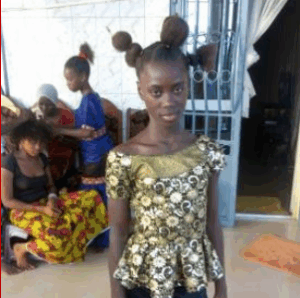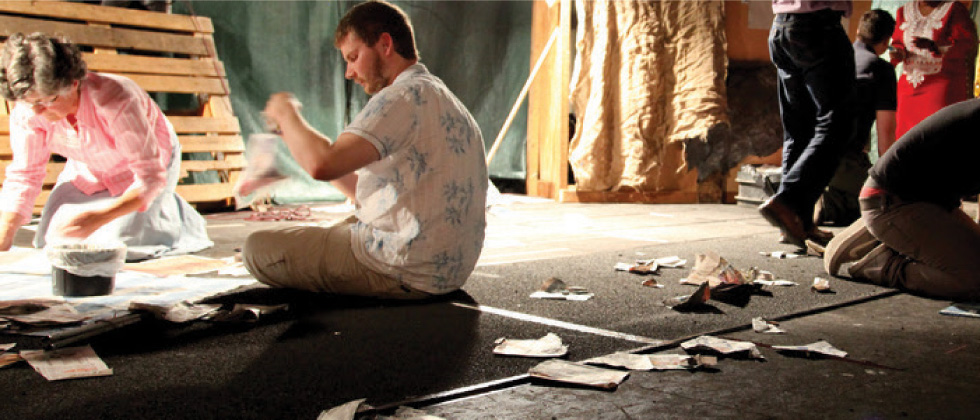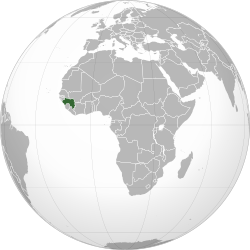Since governmental structures in Guinea finally stabilised about fifteen years ago, the country’s economy has gradually improved. However, refugees fleeing civil conflicts in neighbouring nations and the Covid-19 pandemic have caused major setbacks to the progress made. Another significant hindrance has been the traditional cultural attitudes that prevent many girls and women from obtaining general or vocational education.
We are now shipping to our partners there for the third time. They are working with local communities to provide healthcare and education in rural areas, train young people in practical and vocational skills, and run an orphanage that provides care and support. Alongside this, our partners also work directly with poor families to provide them with the resources they need to live safe and dignified lives.
This shipment is primarily devoted to improving infrastructure, made possible by generous donations of hospital beds and equipment, as well as school furniture and computers. We will, of course, also fill the spaces between larger items with toys to delight many children who previously played with nothing more than pebbles or tin cans!
“Our patients used to have to travel long distances for tests, but now we can perform the tests right in our hospital!” reported our partners. They had raised the funds to build a clinic in a rural area, but it was goods from a previous Crossroads shipment that equipped it with proper hospital beds and items such as ECG and ultrasound machines.

Below: The entrance to the clinic built by our partners. It was largely equipped from the contents of a previous Crossroads shipment. The current planned shipment will consist largely of hospital beds and equipment to be shared with other clinics and hospitals.
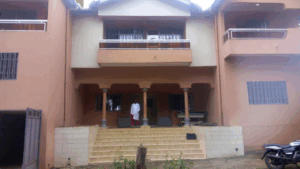
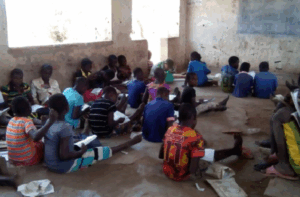
A typical rural classroom in west Africa. Consignees have reported that many more girls are permitted to attend schools where students have desks and chairs, because then they can be “modest.” This shipment will contain as much school furniture, equipment and stationery supplies we can fit around the medical equipment in the container.
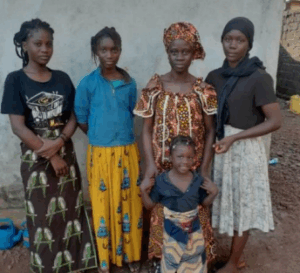
In a country where child marriage is still common and education is not normally “wasted” on girls in rural areas, widows like Mama Elisabeth (above, with her four daughters) and orphans like Rougiatou (below) are extremely vulnerable to the worst kinds of exploitation. Crossroads’ partners have provided these and
many others with housing, education and vocational training, then helping them to start their own businesses.
